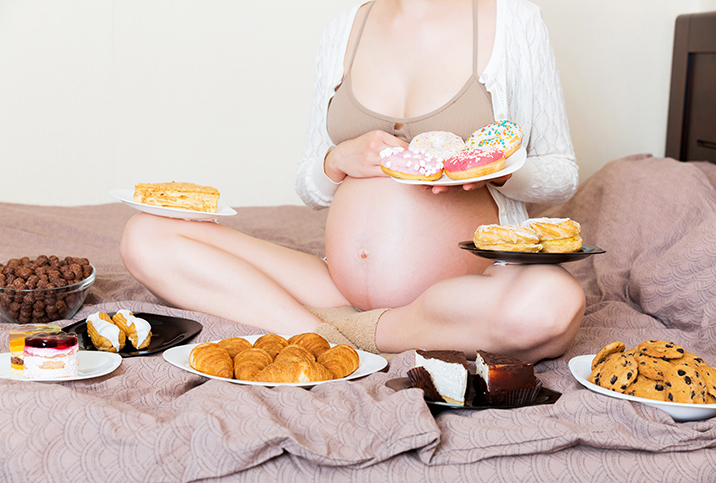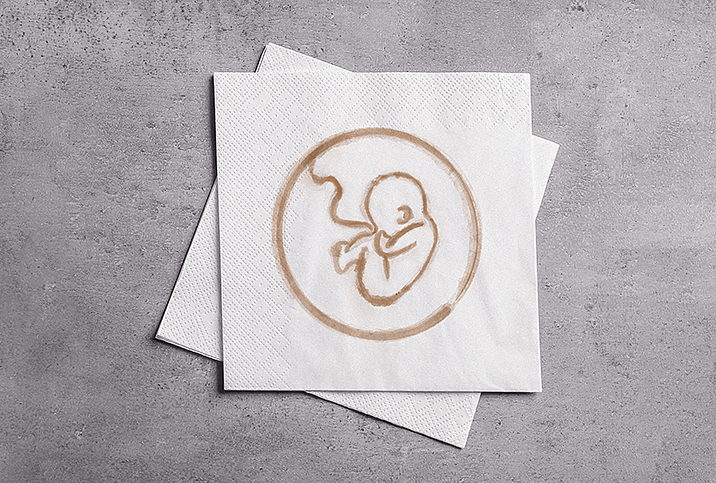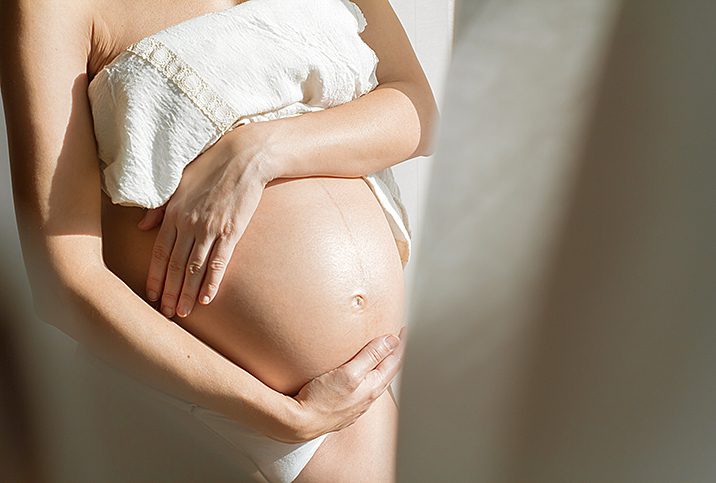Why Do We Have Pregnancy Cravings?

Pregnancy causes a bevy of strange symptoms. Among them are cravings for food combinations that otherwise sound disgusting: brownies and cottage cheese, pickles and ice cream, a taco filled with spaghetti. Food cravings are strong and difficult to resist; they're urges for foods that are more specific than normal hunger.
Why pregnancy cravings happen
Dr. Omar Manejwala, psychiatrist and author of "Craving: Why We Can't Seem to Get Enough," highlights that these cravings are as variable and numerous as they are largely unexplainable. Some pregnancy cravings may be for foods a mother already enjoyed; some may be for foods she previously despised. The cravings may arise due to appetite-stimulating hormones, a desire to override opposing food aversions (for example, that eating sweet food will counteract an aversion to bitter foods), gestational diabetes, or even because of changes in the brain structure. The list of theories is long, and none has been conclusively proved.
One theory that has been more or less debunked is that cravings fill gaps in a pregnant mother's nutrition. If pregnant women were truly just craving what nutrients their bodies and growing babies needed, they would likely mainly crave folate, iron and magnesium, but we don't often hear of women craving kale and beans.
Culture & craving
No matter why they occur, food cravings during pregnancy tend to be different based on a woman's location in the world. A pregnant mother will likely gravitate toward the food most available in her culture. For example, women in the United States predominantly reach for chocolate; pregnant women in Egypt rarely report desiring a sweet treat as they prefer savory foods; pregnant women in Japan most frequently report craving rice and sushi; and in Tanzania, meat, mangoes and plantains are reportedly the most-craved foods by pregnant women.
Cravings are received differently based on cultural and psychosocial factors. In rural Tanzania, for example, gathering foods craved during pregnancy is considered an expression of social support by the husband and family. In the U.S., pregnancy is seen as something to be celebrated, with the pregnant woman often indulged in her whims—even if that means running to the grocery store in the wee hours of the morning for a tub of ice cream and a jar of dill pickles.
The presence of cravings during pregnancy is a common phenomenon across different cultures, but the types of foods desired and the adverse impact of cravings on health may be culture-specific. Whatever you crave, be sure to stick to a generally balanced diet and avoid excessive weight gain during pregnancy. If you do find yourself craving fried chicken at 8 a.m., or if that extra slice of pizza is looking too irresistible, ask your physician if it is OK to indulge in moderation.


















